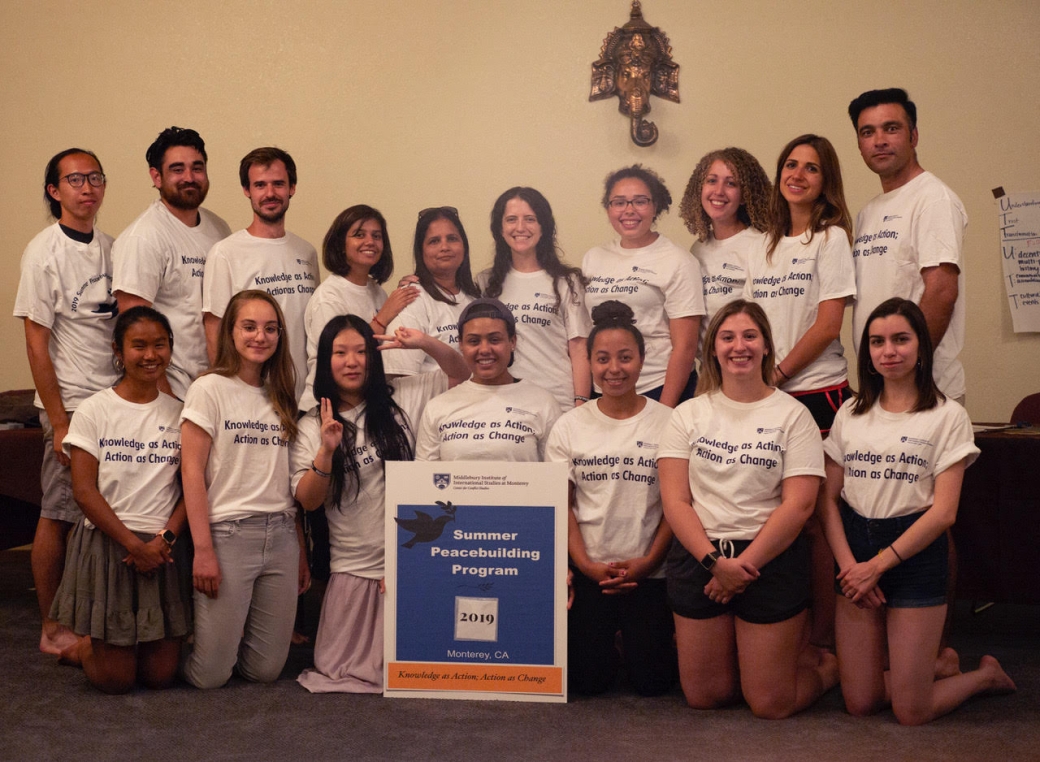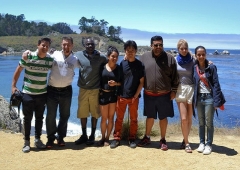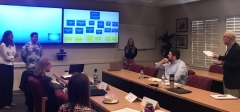Center for Conflict Studies Launches Summer Peacebuilding Program
Building on the strength of its field research focus areas, the Monterey Institute’s Center for Conflict Students will offer an intensive three-week Summer Peacebuilding Program in 2015.



